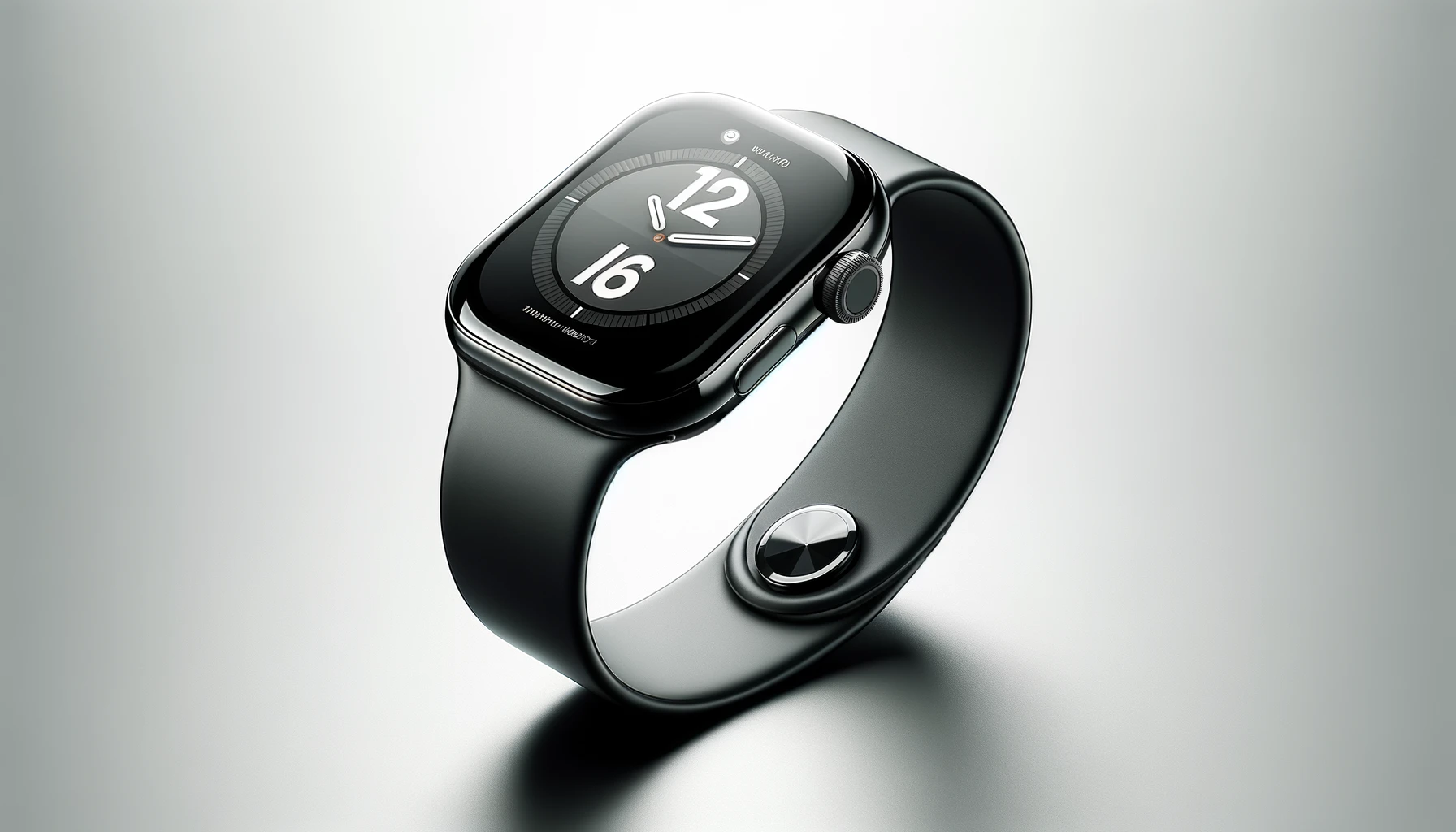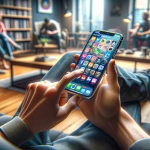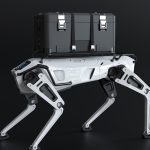The recent introduction of refurbished Apple Watch Ultra 2 models in China marks a significant shift in Apple’s strategy, offering premium technology at more accessible price points. This initiative not only caters to cost-conscious consumers but also reflects Apple’s confidence in its refurbishing process, which promises the same level of functionality and reliability as new models. With economic pressures looming and consumers becoming more environmentally conscious, the move to include refurbished models could meet market demands while promoting sustainability.
Expanding Access to Technology
Refurbished tech products are not new, but their integration into major markets like China by leading companies like Apple underscores a broader acceptance. These devices, restored to meet original factory specifications, provide an opportunity for a wider audience to access advanced technology without the steep price tag of a brand-new unit. This approach not only broadens Apple’s customer base but also aligns with global trends pushing for more sustainable consumer habits by reducing waste and promoting recycling.
Market Response and Consumer Sentiment
Initial feedback from the market suggests that Chinese consumers are receptive to the refurbished Apple Watch Ultra 2. The reduced pricing model does not seem to deter customers who trust the quality assurance that Apple guarantees. This trust is crucial in cultivating a market for refurbished goods, which might otherwise be met with skepticism due to concerns over potential defects or shorter lifespans compared to their new counterparts.
Comparative Insights from Other Markets
Similar strategies have been observed in other regions, with mixed results. An article by Engadget, titled “The Pros and Cons of Buying Refurbished Electronics,” discusses the broader implications and consumer attitudes towards refurbished products in the tech industry. Additionally, CNET’s article, “How Refurbished Electronics are Changing Consumer Buying Habits,” highlights how refurbished products are altering the landscape of consumer electronics by offering viable alternatives to new devices.
Points to Consider
The introduction of refurbished Apple Watch Ultra 2 models in China by Apple provides insights into a strategic approach that balances economic viability with environmental sustainability. As economic conditions fluctuate and ecological awareness grows, such initiatives could pave the way for a new standard in consumer electronics that supports both value and values. By integrating refurbished models into their product line, Apple not only addresses the market demand for more affordable technology but also promotes a more sustainable consumption model, potentially setting a precedent for other tech companies to follow.










